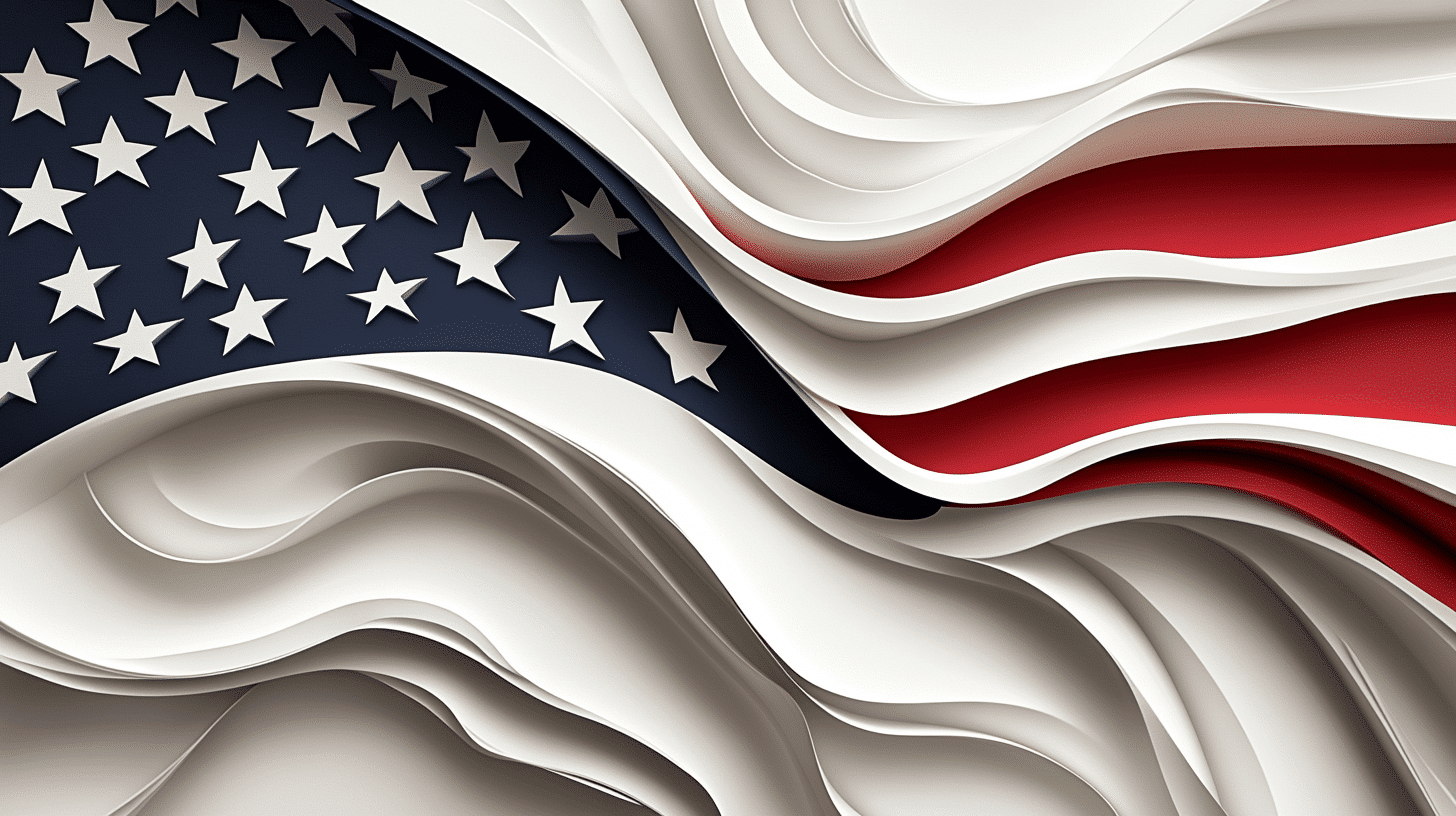What is Labor Day?
Labor Day is a national holiday in the United States, observed annually on the first Monday in September. It honors the contributions and achievements of American workers and the labor movement, which fought for better working conditions, fair wages, and reasonable hours. The holiday originated in the late 19th century, during a time when labor unions were gaining strength and advocating for workers’ rights. Today, Labor Day is celebrated with parades, barbecues, and family gatherings, marking the unofficial end of summer.
History and Origin
Labor Day was first celebrated on September 5, 1882, in New York City, organized by the Central Labor Union. The idea quickly spread, and by 1894, Congress passed legislation making the first Monday in September a national holiday. The day was intended to recognize the social and economic achievements of American workers and the labor movement’s role in securing rights such as the eight-hour workday and the prohibition of child labor. Over time, Labor Day also became a marker of the end of summer and the beginning of the school year in many parts of the United States.
Who Celebrates Labor Day?
- Workers and Employees: Across the United States, workers of all types celebrate by taking a well-deserved day off, often participating in family outings, barbecues, or local events.
- Labor Unions: Labor unions celebrate by organizing parades, speeches, and other events to honor the historical struggles and achievements of the labor movement.
- Employers and Businesses: Many businesses observe Labor Day by closing their doors, giving their employees a day off to rest and enjoy time with their families.
- The General Public: Families and communities often celebrate by enjoying outdoor activities, attending parades, and marking the unofficial end of summer with barbecues and social gatherings.
Slogans and Themes
Themes for Labor Day focus on recognizing the contributions of workers and promoting fair labor practices. Slogans like “Honoring America’s Workforce,” “Celebrating Workers’ Rights,” and “Labor Creates Wealth” capture the spirit of the day. These themes emphasize the importance of labor to the nation’s prosperity and the ongoing efforts to improve working conditions for all.
Colors, Symbols, and Patterns
- Colors
- Red, White, and Blue: Reflect the national colors of the United States, symbolizing patriotism and the integral role of workers in building the nation.
- Yellow: Sometimes used to represent labor and construction, reflecting the hard work and dedication of workers.
- Symbols
- Labor Tools: Hammers, wrenches, and other tools are often used as symbols of the working class and the physical labor that builds the country.
- American Flag: Represents the nation’s unity and the essential contributions of workers to its success.
- Patterns
- Stars and Stripes: Reflect the American flag, symbolizing national pride and the significance of labor in the nation’s history.
- Gears and Machinery: Represent the industrial and manufacturing sectors, emphasizing the contributions of these industries to the economy.
Most Used Hashtags
- #LaborDay
- #WorkersRights
- #LaborDayWeekend
- #MadeInAmerica
- #LaborMovement
How to Celebrate
- Attend a Parade: Many cities and towns hold Labor Day parades, celebrating the contributions of workers with floats, bands, and community participation.
- Host a Barbecue: Gather with friends and family for a traditional Labor Day barbecue, enjoying good food and marking the end of summer.
- Relax and Recharge: Use the day as an opportunity to rest, spend time with loved ones, or enjoy outdoor activities like hiking, swimming, or picnicking.
- Support Workers’ Rights: Consider learning more about workers’ rights, supporting labor unions, or advocating for fair labor practices in your community.
- Shop Local or American-Made: If you’re shopping, consider supporting businesses that offer products made in the United States, reflecting the spirit of the holiday.
Importance of Labor Day
Labor Day is important because it honors the achievements of the American labor movement and recognizes the contributions of workers to the nation’s strength and prosperity. It serves as a reminder of the struggles that workers have faced in securing fair wages, reasonable working hours, and safe working conditions. The holiday also provides an opportunity for relaxation and celebration, marking the unofficial end of summer and offering a chance for families and communities to come together.
Features
First Monday of September: Labor Day (United States and Canada)
Articles
- Indus River: Geographic Overview and Historical Significance
- Understanding the Psychological Reasons We Value Astrology
Days
- January 28: Reducing CO2 Emissions Day
- January 28: Blueberry Pancake Day (United States)
- January 28: Day of Peaceful Coexistence
- January 27: Port Wine Day
- January 27: Day of Lifting of the Siege of Leningrad (Russia)
- January 25: Tourism Day (India)
Why do you keep falling for the same type?
Read the article Lovemaps: the hidden blueprint of our love.
Did you not find what you were looking for? Let me help you find more.

